March 6th, 2025
JXTX + CSHL 2025 Biology of Genomes Awardees
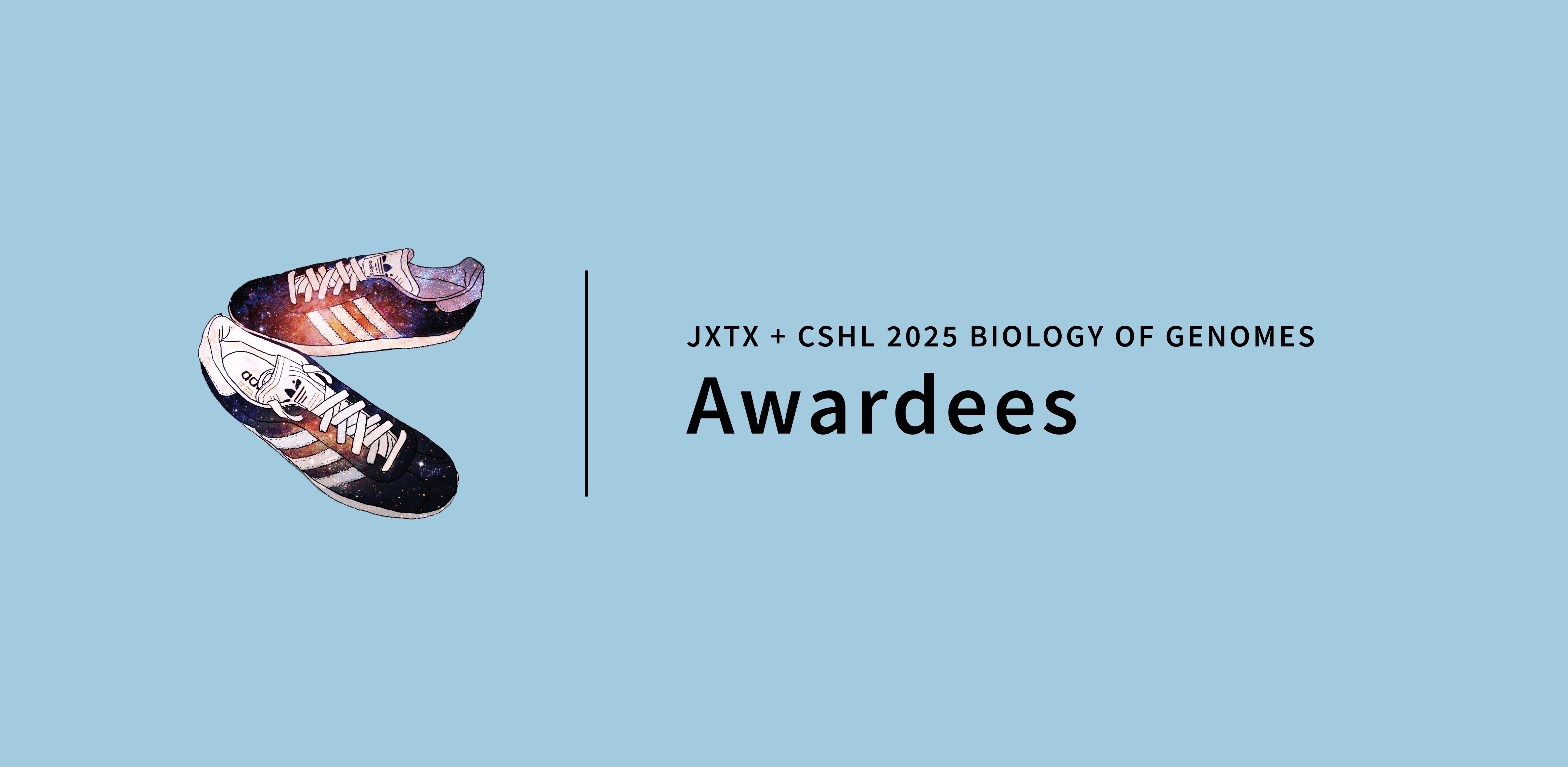
JXTX: The James P. Taylor Foundation for Open Science is pleased to announce the recipients of the 2025 JXTX+CSHL Biology of Genomes Scholarships. The JXTX Foundation provides support for students to attend conferences in computational biology and data science, where they can present their work and form connections with other researchers in the field.
Six genomics and data sciences graduate students from around the globe were awarded this set of JXTX+CSHL scholarships. These awardees will present their work at the Cold Spring Harbor Laboratory (CSHL) Biology of Genomes Conference being held May 6-10. Awardees represent six institutions and are presenting a wide range of research at the meeting.
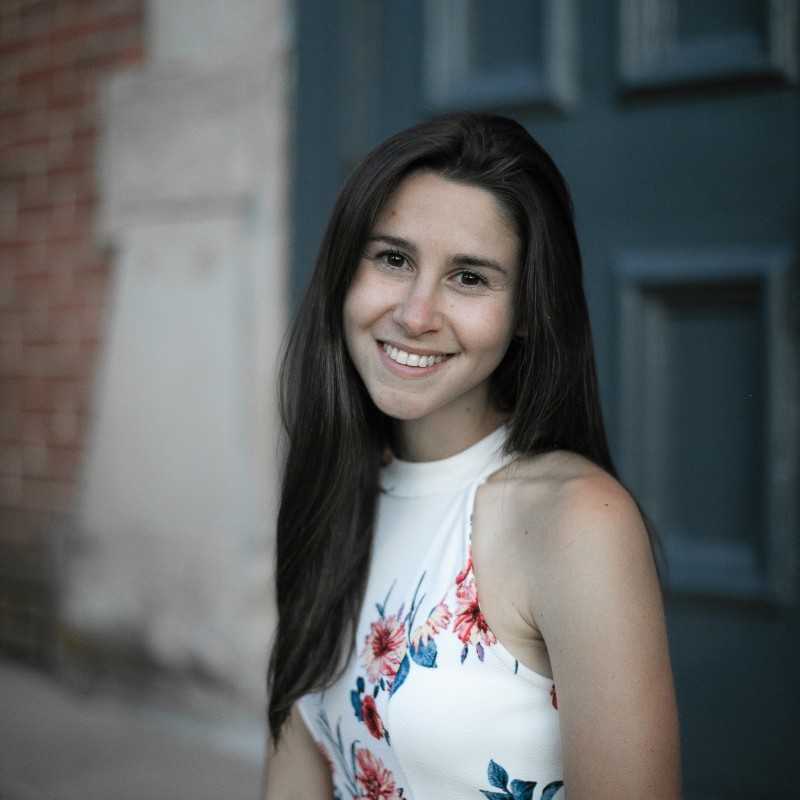
Maria Carilli
California Institute of Technology
Maria is a PhD student in Biochemistry and Molecular Biophysics at the California Institute of Technology, advised by Dr. Lior Pachter.
She researches how to gain deeper insight from single-cell omics data using statistical and machine learning-based approaches. She has worked on integrating multimodal data through biophysical modeling and is currently interested in understanding context-dependent gene regulation at the level of individual cells and cell types. Away from the computer, she enjoys long trail runs, singing in choir, and playing gigs with her band.
Sakuntha Gunarathna
University of North Dakota
Originally from the island nation of Sri Lanka, Sakuntha is a fourth-year Ph.D. candidate in the Graduate Program in Biomedical Sciences at the University of North Dakota School of Medicine and Health Sciences, working under the mentorship of Dr. Motoki Takaku.
His research focuses on using machine learning to analyze cell-free DNA (cfDNA) for non-invasive cancer detection. By leveraging open chromatin signatures in cfDNA, he develops computational models that enhance cancer prediction and biomarker discovery. His work integrates epigenomics, bioinformatics, and artificial intelligence to improve the detection and characterization of breast cancer from liquid biopsies. Outside of academia, he enjoys exploring nature and astronomy, finding inspiration in both the microscopic and cosmic scales of science.
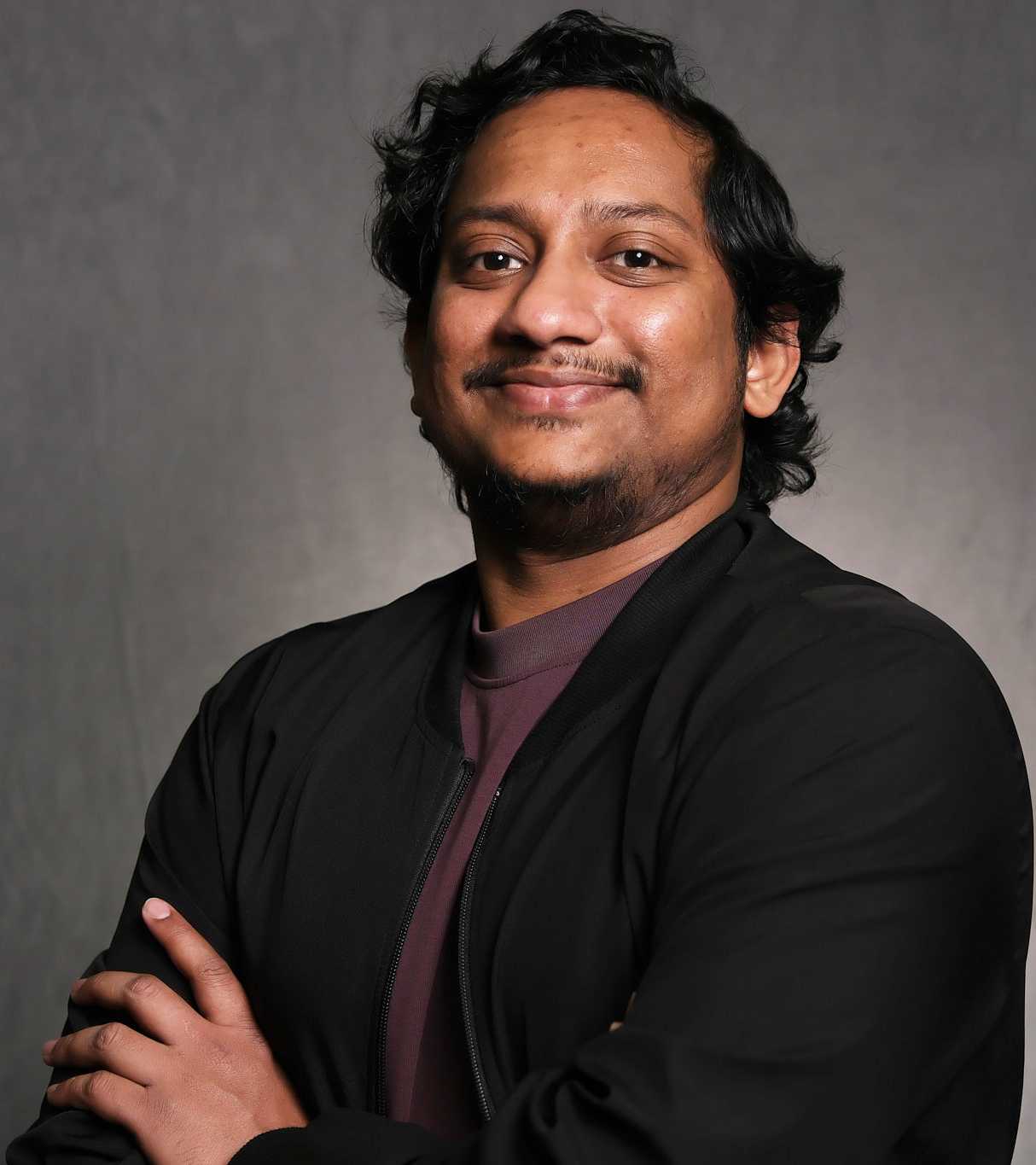
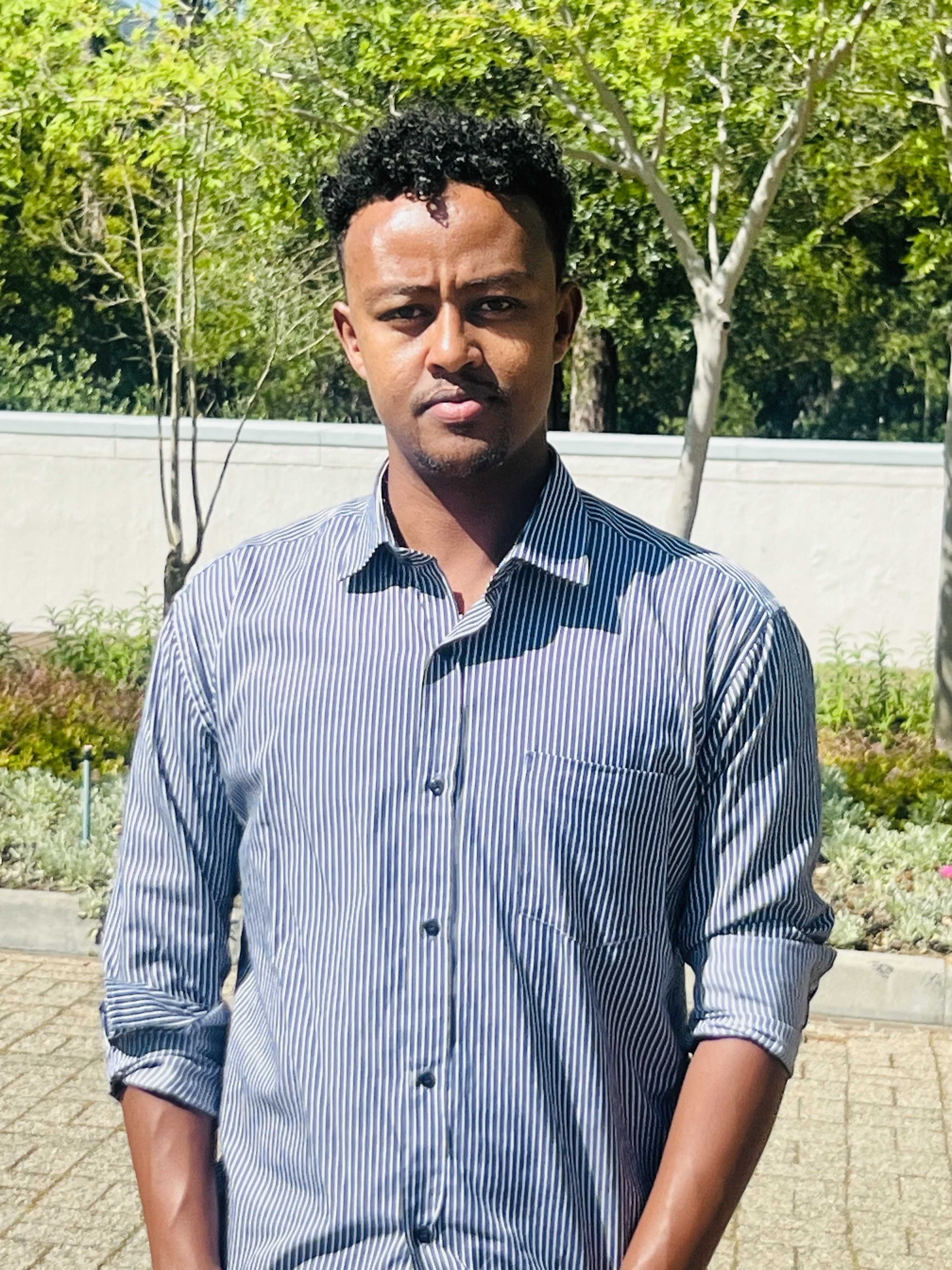
Betselot Zerihun Ayano
Ethiopian Public Health Institute
Betselot is a Bioinformatician at the Ethiopian Public Health Institute (EPHI), specializing in pathogen genomics and bioinformatics. With expertise in advanced laboratory techniques and bioinformatics, he has made significant contributions to infectious disease research, particularly in tuberculosis and emerging viral and bacterial pathogens.
He is dedicated to advancing bioinformatics in Ethiopia. His work focuses on establishing integrated bacterial genomics by linking genomic and epidemiological data to enhance antimicrobial resistance (AMR) surveillance and inform public health interventions.
Elysia Chou
University of Michigan
Elysia is a Bioinformatics PhD candidate at the University of Michigan and is mentored by Dr. Maureen Sartor. Her current research focuses on pinpointing cell type-specific gene regulatory mechanisms in psoriasis by building computational tools to link disease-associated variants or cis-regulatory elements to their target genes. Her methods have allowed her to work with a wide range of epigenomic data, from multimodal single cell ATAC-Seq and RNA-Seq to bulk eQTL.
Outside of research, Elysia leads the University of Michigan's chapter of Girls Who Code, where her team seeks to address local technology education inequities by providing a supportive and collaborative environment for high schoolers to learn how to code.
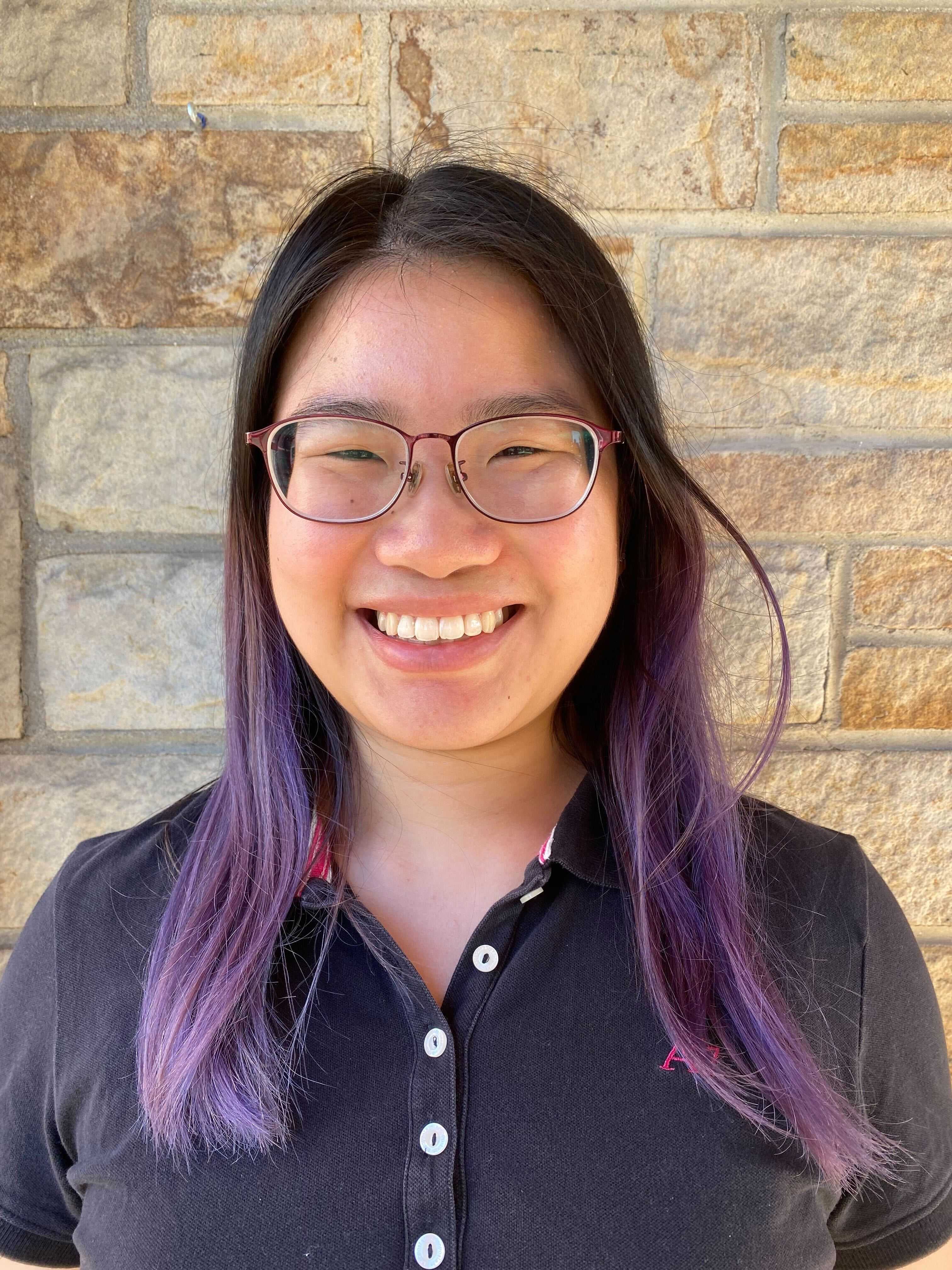
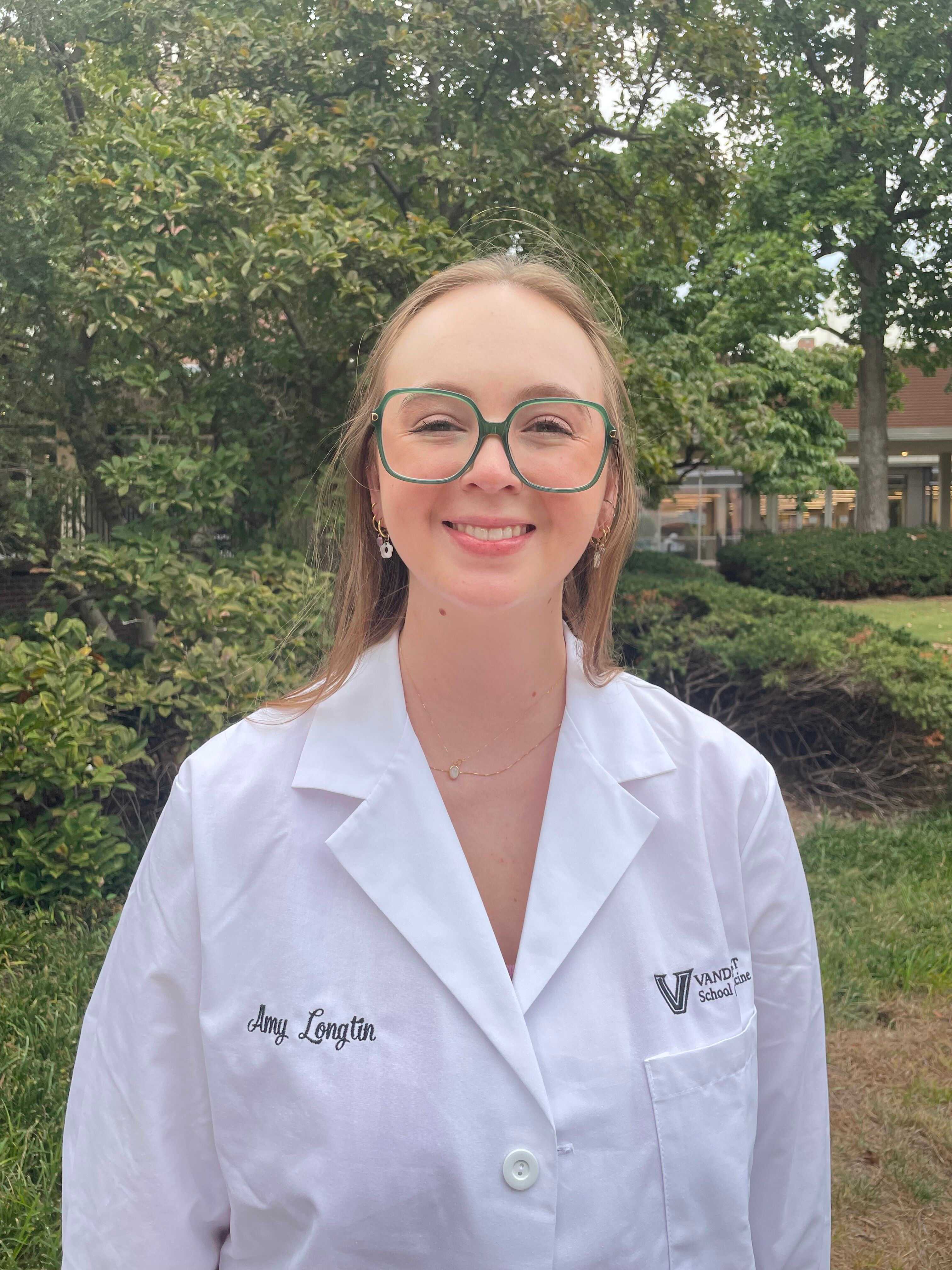
Amy Longtin
Vanderbilt University
Amy is a PhD student in Dr. Amanda Lea's lab in the Department of Biological Sciences at Vanderbilt University. Her research focuses on genotype by environment interactions and epigenetics in human and non-human primate species through the lens of evolutionary medicine. She hopes to identify the genomic and epigenomic mechanisms that embed lived experiences into physiology. Outside of the lab, she enjoys connecting with friends, cooking, and attending yoga classes.
William DeGroat
Rutgers, The State University of New Jersey
William is an undergraduate student at Rutgers, The State University of New Jersey, and a member of Dr. Anat Kreimer's laboratory at the Center for Advanced Biotechnology and Medicine. His research focuses on the development of computational methods to understand cell type-specific networks of cis-regulatory interactions and their perturbations. William has presented his findings at Cold Spring Harbor Laboratory and the American Society of Human Genetics. He has published open-source software in Genome Biology and Bioinformatics. William is planning to pursue a Ph.D. in computational biology and genetics.
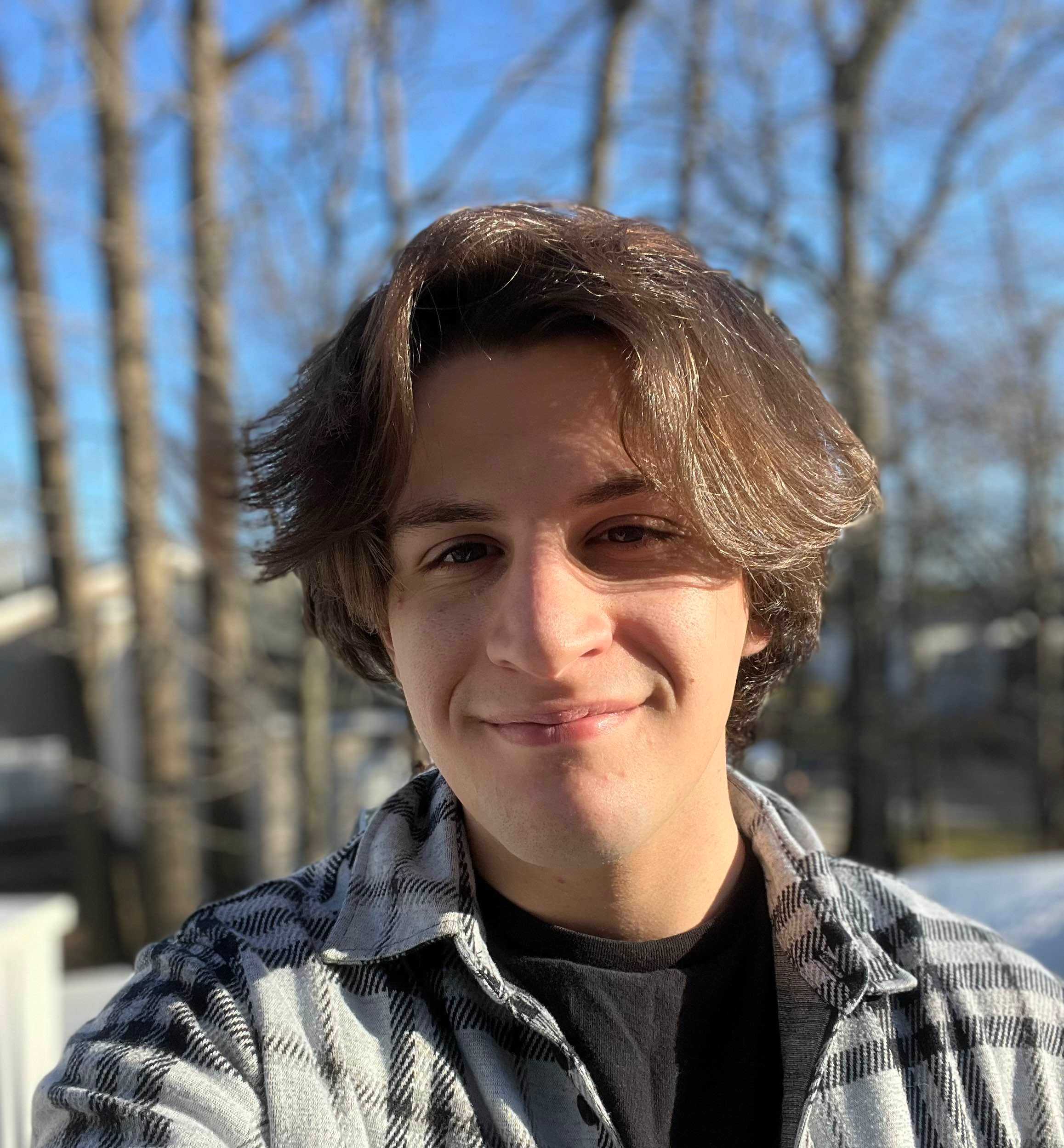
About JXTX: The James P. Taylor Foundation for Open Science
"The most important job of senior faculty is to mentor junior faculty and students." These are the words that Professor James P. Taylor, the Ralph S. O'Connor Professor at the Departments of Biology and Computer Science at Johns Hopkins University said and lived by. This, he believed, was imperative to advance science, and in a way that facilitated diversity and inclusion. The mission of this foundation is to continue his legacy, through a multifaceted approach which will be unrolled across several stages.
Towards the goal of advancing mentorship, the JXTX Foundation will organize and host mentoring sessions between senior and junior faculty members at select high-profile meetings. The Foundation also aims to attract new scholars, including high school and undergrad students, to computational biology and data science, and to form connections and opportunities for members of underrepresented minority populations.
According to his colleagues, James hated self-promotion. But the community would be done a grave disservice if the seeds planted by Dr. Taylor were not nourished to grow and flourish. Thank you to those who have generously contributed.
Please consider making a donation to support James Taylor's legacy.
